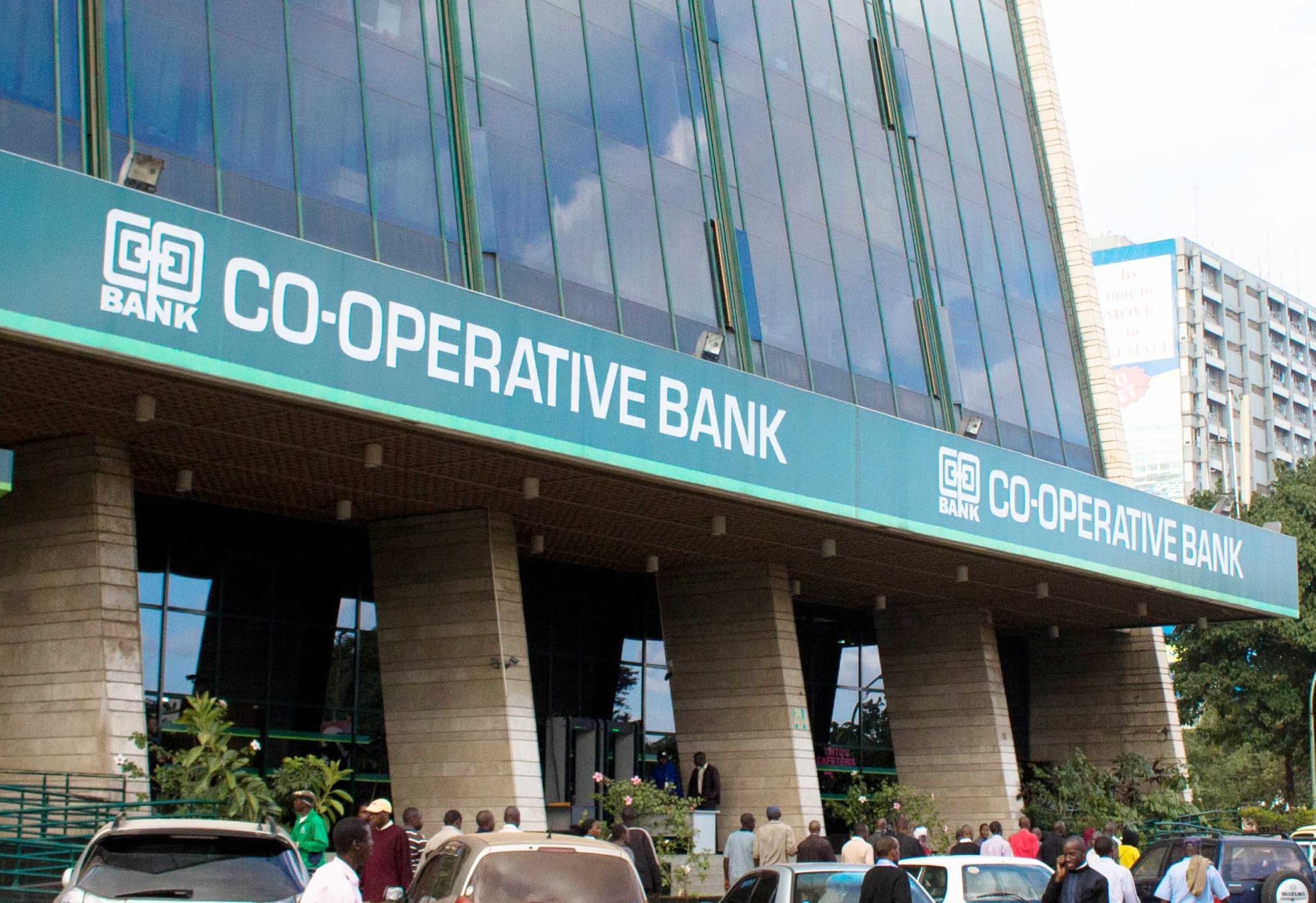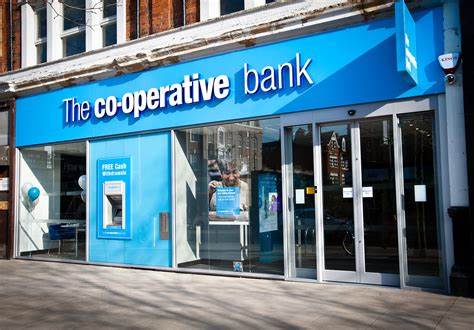When it comes to the world of finance, the term “retail banking” stands as a stalwart pillar, serving as the primary interface between financial institutions and the general public. It encapsulates a multifaceted domain, wherein banking institutions cater to the financial needs of individuals and small to medium-sized businesses. In this article, we will embark on a journey to explore the intricacies of retail banking, uncovering the myriad services it offers and its pivotal role in shaping our financial landscape.
Defining Retail Banking A Pinnacle of Accessibility
Contents
Retail banking, often referred to as consumer banking or personal banking, is the facet of banking that deals directly with individuals and small businesses. Unlike corporate or investment banking, which caters to large corporations and institutions, retail banking focuses on serving the everyday financial requirements of the general populace. This sector strives to make banking services accessible and convenient for the average citizen.
Services Offered by Retail Banks
- Deposits and Savings Accounts: Retail banks provide a safe haven for your hard-earned money. Customers can open various types of accounts, such as savings accounts, current accounts, and fixed deposits, to securely store their funds and earn interest.
- Loans and Credit: Retail banks extend a helping hand by offering a spectrum of credit products, including personal loans, mortgages, and credit cards. These financial lifelines empower individuals to make significant purchases, own homes, or fund their dreams.
- Payment and Transfer Services: Modern retail banking institutions offer a suite of payment services, including online banking, mobile banking apps, and electronic funds transfer. These conveniences streamline everyday transactions and reduce the reliance on physical cash.
- Investment Services: Some retail banks provide investment advisory and brokerage services, allowing customers to dabble in the world of stocks, bonds, and mutual funds, thus fostering financial growth and wealth accumulation.
- Financial Planning: In-depth financial consultations and planning services are often available to help customers chart a path towards their long-term financial goals, such as retirement planning and wealth management.
- Insurance Products: Retail banks often collaborate with insurance providers to offer life, health, and property insurance, providing customers with protection against unforeseen events.
The Evolution of Retail Banking
The landscape of retail banking has evolved dramatically over the years, primarily due to technological advancements. Gone are the days when customers had to visit brick-and-mortar branches for every transaction. Today, the digital era has ushered in online and mobile banking, making it possible to manage finances with a few taps on a screen. Moreover, the rise of fintech startups has injected innovation into the sector, offering alternative financial solutions and challenging traditional banking norms.
The Role of Retail Banking in Economic Growth
Retail banking plays an indispensable role in fostering economic growth. By providing individuals and small businesses with access to financial resources, it stimulates consumption, investment, and entrepreneurship. When retail banks extend credit and offer affordable banking solutions, they empower individuals to pursue education, purchase homes, and launch businesses, all of which contribute to economic expansion.
Retail banking stands as a cornerstone of the financial world, delivering a spectrum of services that empower individuals and small businesses to navigate their financial journeys. As technology continues to reshape this sector, retail banks must adapt to meet the ever-evolving needs of their customers while maintaining their commitment to accessibility and financial inclusion. In doing so, they remain the financial nexus that underpins economic growth and prosperity for society at large.




